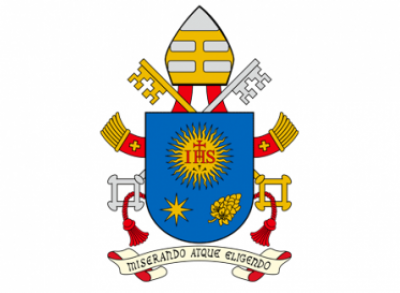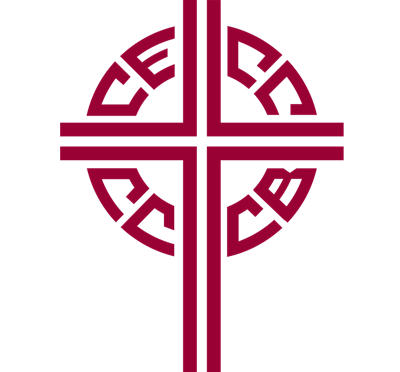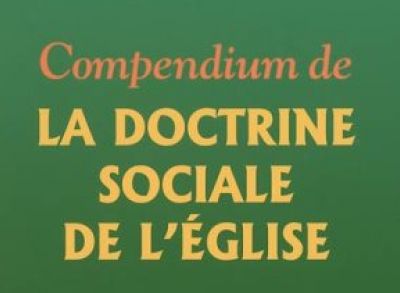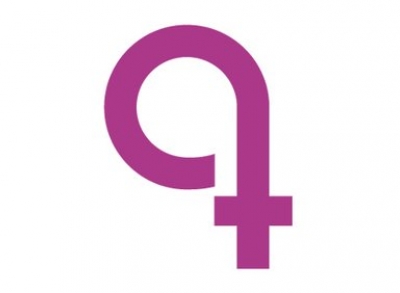La synodalité
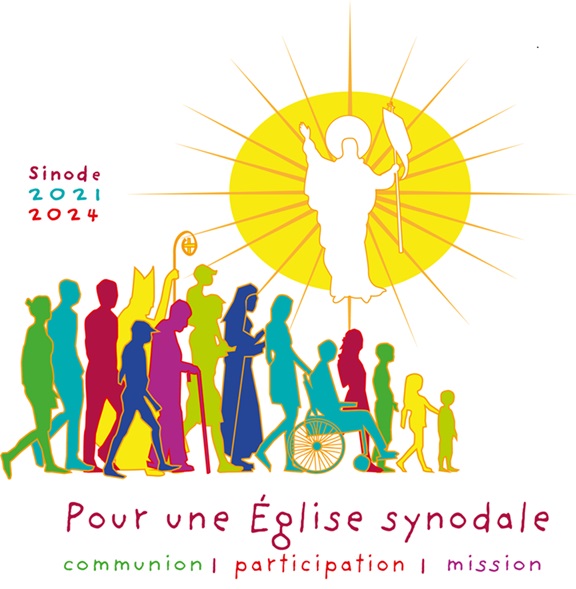
Synodality is our way of “walking together” to achieve missionary transformation in our diocese.
L’enseignement de l’Église sur l’environnement
Au cours des dernières décennies, les papes ont rappelé aux catholiques du monde entier que nous devons accorder plus d’attention à l’environnement. Le 18 juin 2015, le Saint-Siège a présenté une Lettre encyclique du pape François. Intitulée « Loué sois-tu, mon Seigneur » (Laudato si’), la question centrale posée par le pape est : « Quel genre de monde voulons-nous laisser à ceux qui nous succèdent, aux enfants qui grandissent?» (Numéro 160).
Le pape François continue : « Cette question ne concerne pas seulement l’environnement de manière isolée, parce qu’on ne peut pas poser la question de manière fragmentaire. Quand nous nous interrogeons sur le monde que nous voulons laisser, nous parlons surtout de son orientation générale, de son sens, de ses valeurs. » Le Saint-Père ajoute, « Si cette question de fond n’est pas prise en compte, je ne crois pas que nos préoccupations écologiques puissent obtenir des effets significatifs. »
Euthanasie et suicide assisté (aide médicale à mourir)
Au Québec, la loi concernant les soins de fin de vie, entrée en vigueur en décembre 2015, définit ces soins de fin de vie comme, d’une part, les soins palliatifs et, d’autre part, l’aide médicale à mourir. Même si le projet évite ce mot, il faut reconnaître dans le deuxième cas qu’il s’agit bien d’euthanasie : donner la mort à un autre pour mettre fin à ses souffrances.
Les évêques du Québec ont appuyé les propositions concernant les soins palliatifs, puisque ceux-ci correspondent de près aux valeurs évangéliques. Mais ils ont ajouté leurs voix à celles de nombreuses personnes opposées aux propositions concernant l’euthanasie, car la tradition catholique a toujours vu un acte visant à provoquer la mort d’un être sans défense comme une atteinte à la dignité humaine et à la dimension sacrée de la vie.
Le 6 février 2015, la Cour suprême du Canada a déclaré invalide l’article du Code criminel définissant l’euthanasie ou l’aide au suicide comme un crime. Le gouvernement du Canada a donc légiférer en fonction de cette décision en encadrant cette pratique qui, pour le mieux ou pour le pire, tend à se répandre lentement dans le monde. Ainsi, le projet de loi C-14, la loi sur l’aide médicale à mourir, a reçu la sanction royale le 17 juin 2016.
Tout en déplorant l’évolution de cette question, les évêques du Canada, par le biais de la CÉCC, ont particulièrement manifesté leur vive inquiétude devant le manque de protection de la liberté de conscience des intervenants en soins de santé qui s’y opposent ainsi que de la liberté des institutions de santé qui ne veulent pas y participer, en particulier les hôpitaux catholiques. Ils s’offusquent que cette pratique soit mise en place sans avoir assuré des soins palliatifs adéquats à la grandeur du pays.
Le débat autour de ces questions est d’autant plus houleux qu’on ne s’entend pas toujours sur le vocabulaire à employer ni sur les conséquences sociales de la normalisation d’une pratique qui cherche à répondre à des cas exceptionnels. (Pensons à la banalisation actuelle de l’avortement qui, il n’y a que quelques années, n’était considéré que dans les cas les plus dramatiques.)
Il nous incombe, en tant que citoyens et croyants, de bien comprendre cette question, les valeurs qui sont en jeu et la tradition morale de notre Église afin de mieux discerner comment accompagner nos intimes qui cheminent vers la mort.


